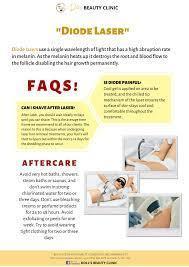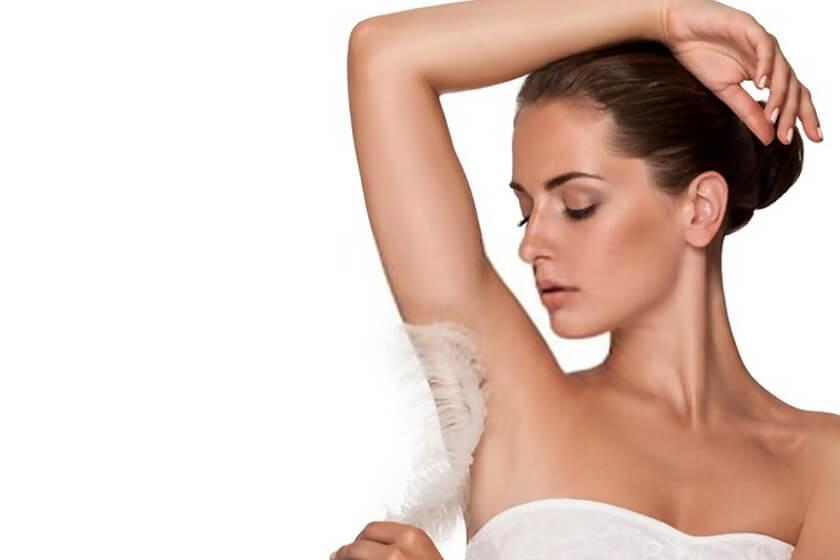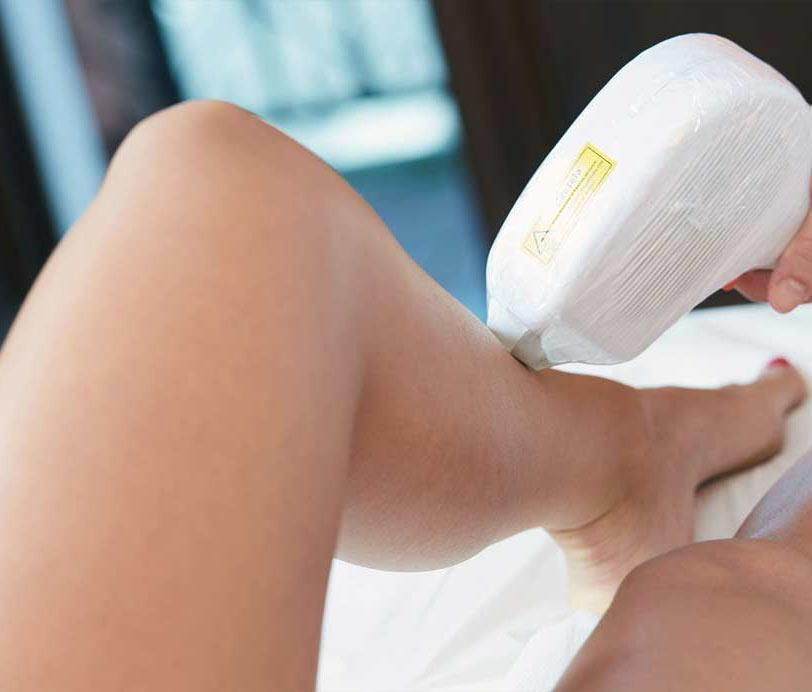Text & media
Best laser hair removal London is a non-surgical cosmetic procedure to remove unwanted hair. The procedure is done using different types of laser technologies. Patients may need six to eight treatments depending on the extent of the treatment. These treatments are scheduled several weeks apart. Continue reading for more information.
Apply cool compresses
Apply cool compresses immediately after laser hair removal if you are concerned about pain. They reduce swelling and redness. In addition, they can help reduce the feeling of sunburn. Applying cold compresses can also help reduce the discomfort caused by sweating or exposure to hot, humid air.
It is important to drink lots of water after laser hair removal. For the first seven days, you should avoid using deodorant. You should also avoid hot tubs, saunas, or steam rooms for the first seven days. These areas can cause skin irritation due to the presence of chlorine and other chemicals.
Cool compresses can be used for 15 to 20 seconds after laser hair removal. This will prevent skin irritation. It's also advisable to avoid taking hot baths after the procedure. After laser hair removal, the skin is sensitive to hot water. Therefore, bathing in hot water can cause skin irritation. Cool water is the best choice.
After laser hair removal, you should avoid plucking, waxing, and electrolysis for six weeks. You can go to the salon to have the area waxed or tweezed, but these methods are not permanent and may cause further discomfort. Laser hair removal in Canton MA is a better option.
As directed, use prescription creams
You will notice a slower growth rate and smoother skin after laser hair removal. However, you should also be prepared to deal with some side effects, including skin sensitivity and redness. During the first week after laser hair removal, you should avoid shaving, tweezing, and waxing. Applying cold compresses to the treated area may alleviate any discomfort. If the sensitivity persists or blisters form, contact your doctor.
Laser-treated skin is very sensitive to the sun. You should use sunscreen to protect your skin. To minimize sun damage and skin sensitivity, you should use a sunscreen with SPF 30 or more. You should also avoid using tanning beds to avoid further skin irritation. To ease pain and swelling after laser hair removal, your dermatologist may recommend prescription creams or ointments.
Avoid using perfumes or lotions containing fragrances or preservatives after laser hair removal. If you must use a moisturizer, you should choose a cream containing 100 percent aloe vera. If the irritation persists, avoid using shaving creams for a week or two. It's important not to shave for a couple of days after laser hair removal, because shaving can cause significant pain, redness, and infections.
It's important to stay away from sun exposure for at least 24 hours after laser hair removal to avoid skin reaction. Avoid using deodorants and harsh chemicals for at least seven consecutive days following the procedure. After the treatment, you should not swim or use saunas or hot tubs for 48 hours.
If you have skin sensitivity after laser hair removal, apply cold compresses to soothe the treated area. Ice packs can be applied to the affected areas. If you are out in the sun for a prolonged period of time, sunscreen should be applied. To avoid any adverse reactions and promote healthy skin, it is important to follow all instructions.
Protect your skin from the sun
Sunlight is harmful for your skin, and your skin will be more sensitive after laser hair removal. Avoid the sun and use sunscreen before you go out. If your skin isn't protected, it will age faster and cause more damage. It can also cause hyperpigmentation and scarring.
You should avoid the sun for at most two weeks after laser hair removal. Sunlight can make your skin more sensitive than normal to light, increasing the likelihood of scarring, hyperpigmentation and rash. For several weeks, make sure you use sunscreen and protect your skin with protective clothing
Before going outside after laser hair removal, you should wear a broad-spectrum SPF. Broad-spectrum SPFs protect your face from both UVA rays and UVB rays. Use a sun protection product that has SPF 30 or more if your skin is already sensitive. Loose-fitting clothing is also helpful in protecting your skin from the sun.
After laser hair removal, you should wear sunscreen with an SPF of at least 30. You should also wear a hat with a wide brim and long-sleeved clothing to protect your skin from the sun. Sun exposure should be avoided for seven to 14 days. However, you should still use sunscreen indoors.
Your skin is more sensitive after laser hair removal. Therefore, it is important to protect your skin from the sun. Wear a wide-brimmed hat and loose-fitting, long-sleeved clothing if you go outside after laser hair removal. It is also recommended to shave the areas that you are treating before going out into the sun. It is also important to avoid using tanning beds and tanning oils for at least two weeks after your treatment.
You should use a high-performing sunscreen of at least 50 when you go outside after laser hair removal. This will reduce the chance of your skin's color changing and help you adjust your laser settings. Sunscreen should be applied to exposed areas such as the ankles and feet. Sunscreen should be applied to your neck and back in order to protect the skin from sunburn.
Can I shave following laser hair removal?
You may wonder if it is possible to shave after laser hair removal. It all depends on your skin and personal preferences. You can use electric razors if you are worried about the pain. To minimize irritation and razor bumps, exfoliate your skin before shaving. You should avoid shaving within two days of the treatment as it can interfere with the laser hair removal process.
Remember that shaving can cause hair to grow back. While this is normal after laser hair removal, it is a sign that hair is not properly removed. It can cause irritation and burning if you shave directly after laser hair removal. Exfoliating can help get rid of damaged hairs and make shaving easier.
The treated area may feel tender for several days after laser hair removal. You should wait for the area to dry before shaving. You should not apply shaving cream to the area while you wait. If you cannot wait that long, you can use hair removal cream.
Laser hair removal is the best option for permanent hair removal. Laser hair removal is usually performed by a dermatologist. The laser beams use concentrated light beams to target and kill the follicles. Some hair follicles may grow back, but they will be weaker and less dense.
You must stop using sunless products before laser hair removal. They may cause darkening of the skin. You should also avoid electrolysis and other methods for hair removal. They may also affect the laser treatment. In addition, you should not be taking any blood thinner medications before laser hair removal. You should shave at least one day before you have your laser treatment. This ensures that you remove the hair on top of the skin as well as the shaft below the skin.
After laser hair removal, you should avoid exfoliating immediately. Exfoliation is important four to five days after the treatment because it helps with the shedding process and prevents ingrown hairs. To help the skin recover faster, you can use exfoliating mitts or exfoliating sponges.


